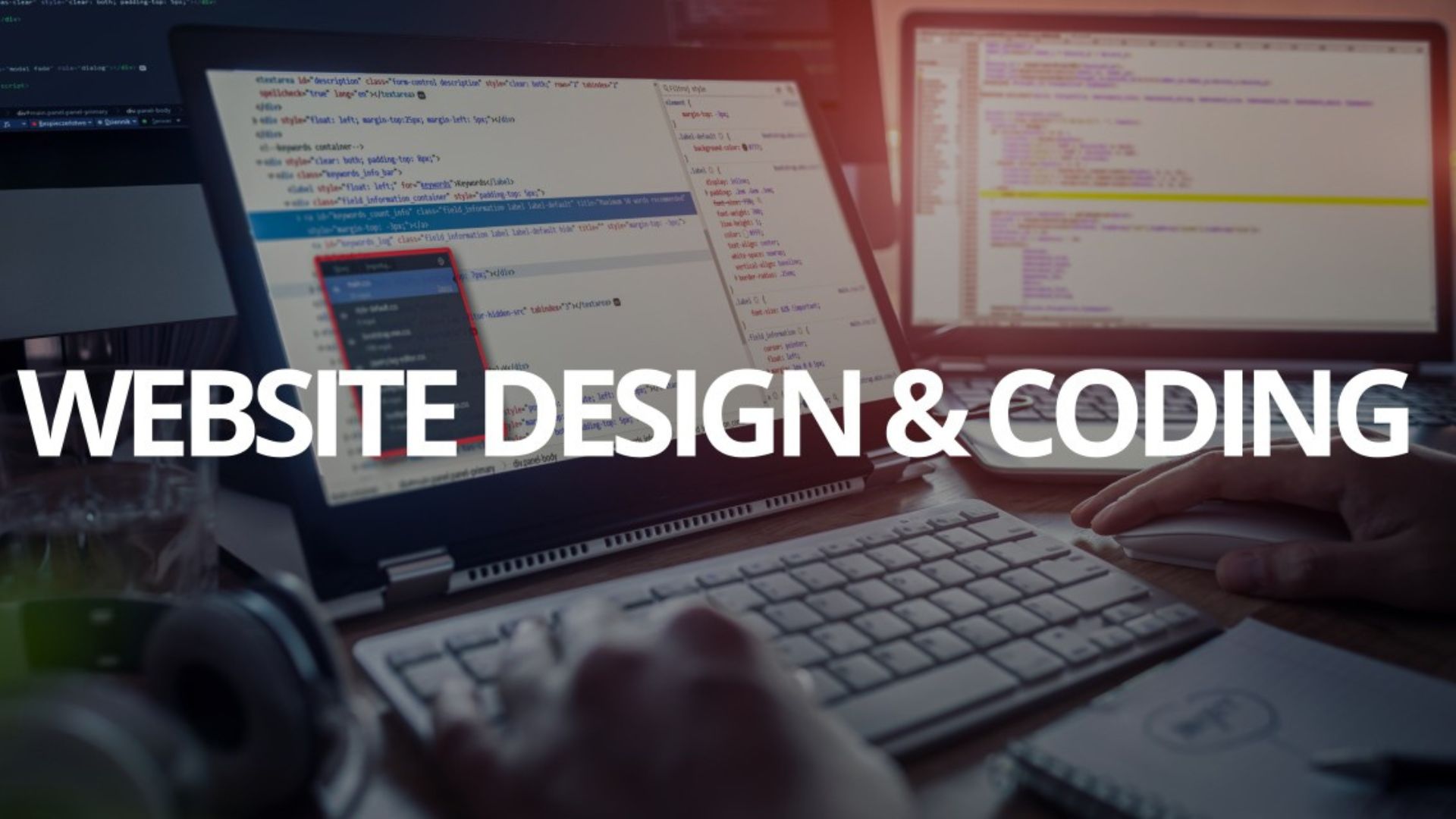In today’s digital era, where online presence plays a crucial role in the success of businesses and individuals alike, the importance of web design cannot be overstated. A well-designed website not only attracts visitors but also keeps them engaged and facilitates smooth navigation. However, a common question that arises among aspiring web designers is whether coding is necessary for web design. Let’s explain in detail the role of coding in web design.

Understanding Web design
Web design encompasses the visual aspect of a website, including layout, colours, typography, and graphics. It focuses on creating an aesthetically pleasing and user-friendly interface that effectively communicates the intended message. Traditionally, web design was primarily done using tools like Adobe Photoshop or Illustrator to design static mockups of websites.
However, with the advancement of technology and the evolution of web development practices, the role of coding in web design has become increasingly significant. Coding refers to the process of writing instructions (code). Moreover, it dictates how elements of a website function and interact with users. It involves languages such as HTML, CSS, and JavaScript. Furthermore, these are used to structure web pages, style them, and add interactive features, respectively.
Does Web Design Need Coding?
Now, let’s address the question: Does web design need coding? The answer is not straightforward. While it’s possible to create basic websites using drag-and-drop website builders or pre-designed templates without any coding knowledge, having coding skills can significantly enhance your capabilities as a web designer.
The Role of Coding in Web Design
Customization
Coding allows for greater customization and flexibility in design. With coding skills, you can create unique layouts, implement custom animations, and tailor the user experience to specific requirements.
Responsive Design
In today’s mobile-driven world, responsive design is essential for ensuring that websites display optimally across various devices and screen sizes. Understanding coding languages like CSS enables you to build responsive websites that adapt seamlessly to different viewport sizes.
Problem-Solving
Coding empowers you to troubleshoot and debug issues that may arise during the development process. Being able to understand and modify code enables you to identify and fix errors efficiently, leading to smoother project workflows.
Career Opportunities
In the competitive field of web design, possessing coding skills sets you apart and opens up a wider range of career opportunities. Moreover, many employers seek web designers who are proficient in coding, as it demonstrates technical proficiency and versatility.
Continuous Learning
The tech industry is constantly evolving, with new technologies and frameworks emerging regularly. By learning coding languages, you equip yourself with the skills to adapt to industry trends and stay updated with the latest developments in web design.
While coding skills undoubtedly offer numerous advantages for web designers, it’s essential to recognize that they are not mandatory for everyone entering the field. Moreover, many successful web designers have built thriving careers without extensive coding knowledge. Additionally, this leverages their expertise in design principles, user experience (UX) design, and project management.
Ultimately, whether you choose to learn coding as part of your web design journey depends on your career goals, interests, and learning preferences. Additionally, if you’re passionate about mastering both the visual and technical aspects of web design, investing time and effort into learning coding can be immensely rewarding.
Conclusion
In conclusion, while web design can be accomplished without coding, acquiring coding skills can elevate your proficiency as a web designer. It also opens up new opportunities for growth and innovation in the ever-evolving digital landscape. Whether you’re a beginner or an experienced designer, embracing coding as part of your skill set can enhance your capabilities and enable you to create truly impactful and dynamic web experiences.

